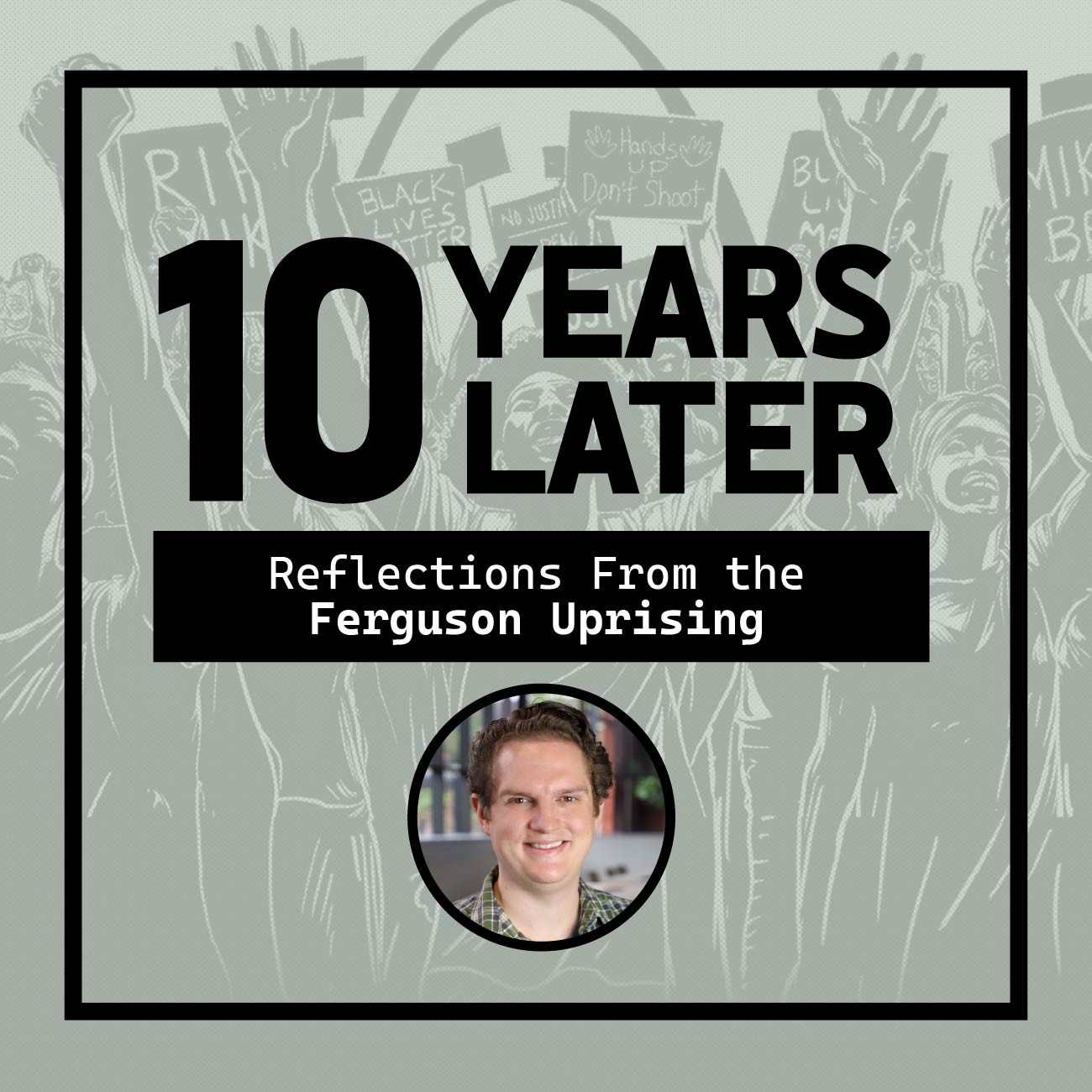In 2012, I was 20, living in a small college town, and my friend Jim asked me to help with his latest independent film. I knew Jim was an experienced filmmaker, so when he asked me to play the role of a car-jacking victim, I had full confidence he had done his due diligence in terms of safety.
The scene was set at a public, unstaffed, self-service gas station. We were only five minutes into the scene when I heard the sirens. Matt, the guy playing the perpetrator, still had the heavy, metallic prop gun pointed just to the right of my face – never directly at it of course.
More police than I had ever seen before came tearing into that tiny gas station; pulling out pistols and rifles as they brought their vehicles to a sharp halt around us. I saw sniper-wielding officers on the rundown bridge nearby – the whole Nine Yards.
“I’m ok, I’m not in danger!” I tried to shout over the sirens, yells, and general clamor of countless people in uniforms jostling and directing their firepower at our faces.
“Shut the **** up!” An officer responded; the pistol reflected in his sunglasses.
Matt, the actor with the harmless prop, was on the ground – just like in the movies. Thank God the sergeant knew him – “What’s going on here, Matt?” she said. Still, all eyes, sights, and scopes trained on Matt, and the rest of us in the car: me, Jim, Stacey (Jim’s wife), and Marie (her sister) holding audio equipment.
When the ruckus finally died down, the officers checked our IDs and gave us a stern scolding. Nothing illegal had happened and we were sent on our way.
I feel confident that you knew I was white from the outcome of this story. All of us at that gas station were white.
“If you had been any other color, you would be dead right now,” is what my mother said to me after I told her that happened.
A couple of years after my encounter with the police, Michael Brown Jr. was killed by Ferugson police.
“Where’s Ferguson? Oh, St. Louis. Keller aren’t you moving there after school?” other white people would say with an ominous look of foreboding. I did move to St. Louis.
I had the opportunity to work, struggle, win, lose, learn, and grow.
So, when I was asked to reflect on the 10 years since that young man in Ferguson – I was reminded of my own story and the restraint that afforded me the permission to continue.
A permission that has been withheld from too many others.
About 10 Years Later: Reflections on the Ferguson Uprising
To create our series, “10 Years Later: Reflections from the Ferguson Uprising,” we invited our staff to share their reflections and document their journeys following this pivotal event. The Ferguson Uprising not only reverberated through St. Louis but also sparked crucial work across the nation to address inequities. With the 10th anniversary of the uprising, we encourage readers to delve into these personal stories and think about their own experiences, fostering a deeper understanding of the ongoing journey toward health equity and social justice.


